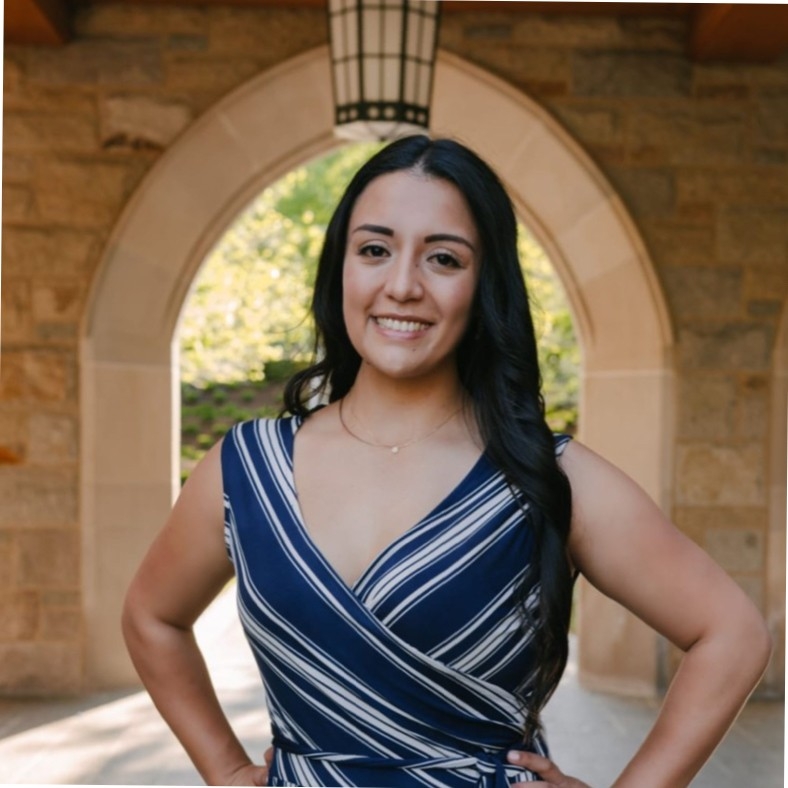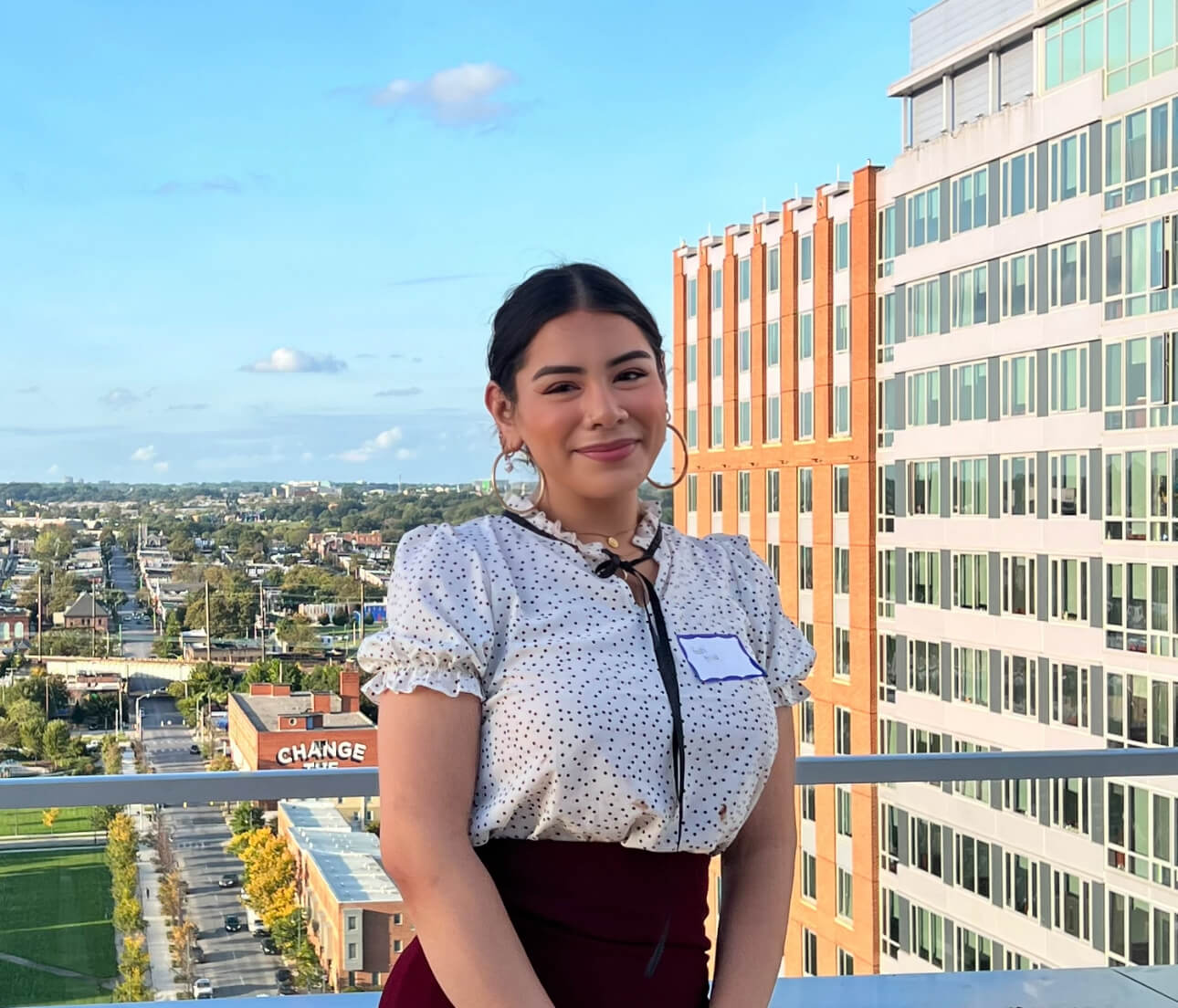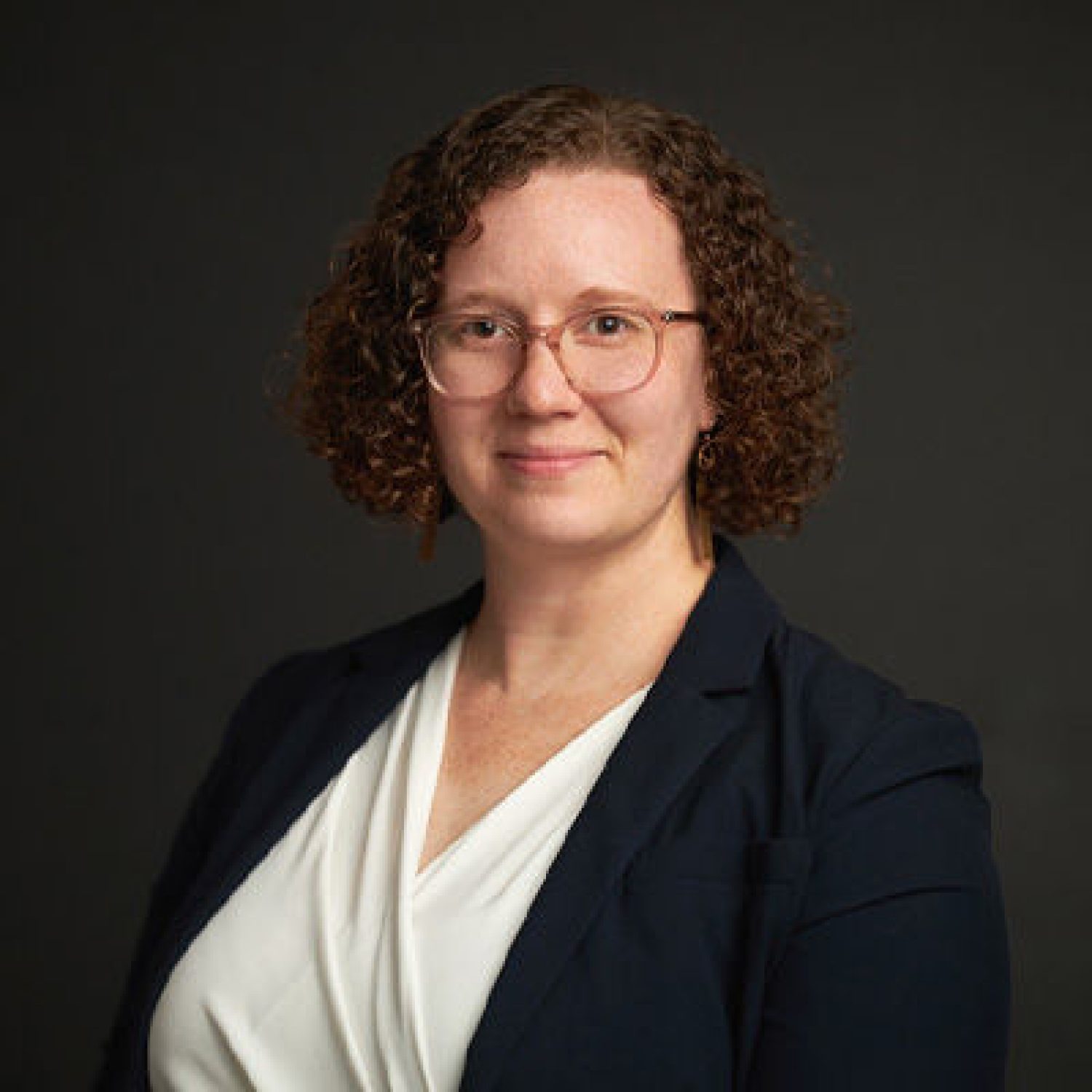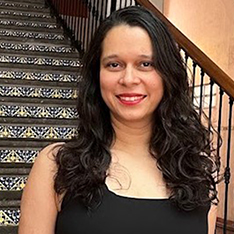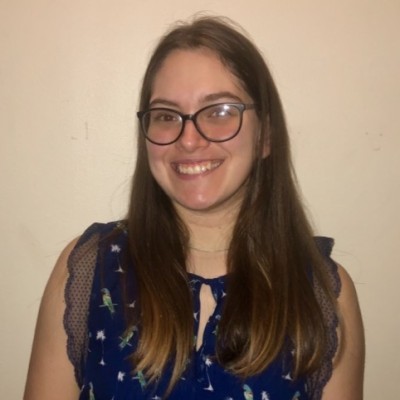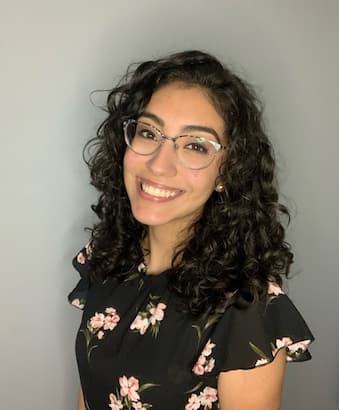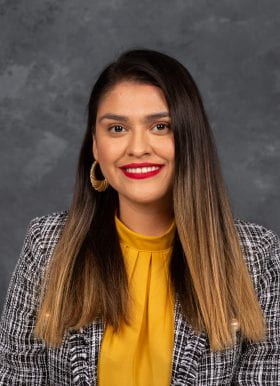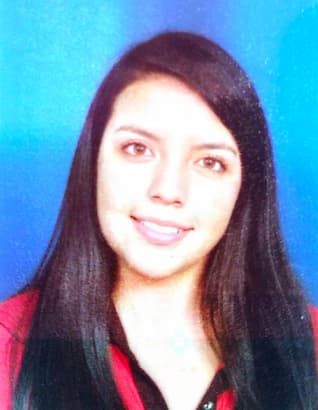Meet the MACONDO Research Team

María Fernanda Piñeros-Leaño was born and raised in Bogotá, Colombia. She earned her B.S. in Psychology with a minor in Latino/Latina Studies from the University of Illinois at Urbana-Champaign. She also completed a Master of Social Work, a Master of Public Health, and a Ph.D. in Social Work at the same institution. In 2018, she joined the Boston College School of Social Work, where she teaches Human Development and the Social Environment (HBSE), and Social Welfare.
Dr. Piñeros-Leaño's interdisciplinary research centers on the connections between maternal mental health and child health, with a particular focus on Latin American immigrant and migrant populations. Her work, which is transnational in nature, currently involves fostering partnerships in Colombia to identify the mental health needs of Venezuelan migrants and internally displaced populations. These efforts have resulted in the cultural adaptation of two interventions: one aimed at promoting emotion regulation and mental health among migrant and internally displaced youth, and another designed to support positive parenting practices among Venezuelan migrant and refugee parents. Dr. Piñeros-Leaño's long-term goal is to use culturally adapted evidence-based interventions to promote the mental and physical well-being of immigrant and migrant families in an effort to improve mental health outcomes in underrepresented populations.
Dr. Piñeros-Leaño is a former Fellow of the Illinois Transdisciplinary Obesity Prevention Program [I-TOPP], funded by the United States Department of Agriculture, and the Institute in Critical Quantitative, Computational, & Mixed Methodologies [ICQCM], funded by the William T. Grant Foundation. In her free time, she enjoys spending time in nature and taking long walks with her family. She also loves cooking and reading, with Gabriel García Márquez being one of her favorite authors.
Research Associate
Doctoral Students
Undergraduate Students
Affiliates
If you are interested in joining the team, please email Professor María Fernanda Piñeros-Leaño.

Dr. Aguayo is a Clinical Research Assistant Professor at Emory University's Rollins School of Public Health and Emory Global Diabetes Research Center. Her research focuses on the early life origins of racial and ethnic disparities in obesity, diabetes, and cardiovascular disease. Dr. Aguayo is increasingly focused on investigating the association of overlapping socio-economic disparities with obesity and cardiovascular health among racial/ethnically diverse children and adolescents.

Shannon D. Simonovich, PhD, RN is assistant professor in the DePaul University College of Science and Health School of Nursing in Chicago, Illinois. Her research agenda focuses on health promotion for maternal child populations, especially the vulnerable and low-income populations, as well as nursing practice during COVID-19. Dr. Simonovich has authored over 20 publications including articles in journals such as Translational Behavioral Medicine, Social Work, The Journal of the American Association of Nurse Practitioners, and Health Equity. She is an expert collaborator working with interdisciplinary collaborators across the fields of nursing, social work, psychology, epidemiology and medicine. Dr. Simonovich's current research is supported by several interdisciplinary mechanisms including federal, foundation-based, and international funding agencies. She received her PhD in the Philosophy of Nursing Science and a Certificate in Maternal-Child Public Health from the University of Washington in Seattle and her Bachelors of Science in Nursing from Loyola University Chicago.

Dr. Tabb Dina teaches on the topics of integrated health policy, community systems development, and public health social work at the undergraduate, Master's, and PhD levels at the University of Illinois. She is international renowned for her maternal health disparities scholarship and identifying mental health problems as risk factors for maternal morbidity and mortality. She won the Robert Wood Johnson Foundation’s premier Thought Leader award for her publication record in 2019. She currently leads Patient Centered Outcomes Research Institute funded projects to engage rural and pregnant stakeholders in depression research during COVID-19.

Dr. Andrés Moya is an Associate Professor at the School of Economics, Universidad de Los Andes in Bogotá, Colombia. He has a PhD in Agricultural and Resource Economics from the University of California and is a member of EGAP, a Faculty Affiliate at the Care and Protection of Children Learning Network (CPC), and a Research Affiliate at the Internal Displacement Research Programme at the University of London. He is the 2021 Santo Domingo Visiting Scholar at the David Rockefeller Center for Latin American Studies at Harvard University. His research focuses on the economic, psychological, and behavioral consequences of violence and forced displacement in Colombia. In particular, Andrés has analyzed the effects of violence and psychological trauma on economic behavior, human capital accumulation, and performance in the labor market. Among other projects, Andrés currently is leading the implementation and impact evaluation of Semillas de Apego, a group-based psychosocial support program to protect and promote maternal mental health and early childhood development among displaced persons and families exposed to violence in Colombia.
Hsiang Huang, MD, MPH is an Instructor of Psychiatry at Cambridge Health Alliance, Harvard Medical School where he directs the Consultation-Liaison Psychiatry Fellowship and the Primary Care Behavioral Health Integration Program. He is a collaborator on the Global Burden of Disease Study, Seattle, WA. He is a 2015 Fulbright Scientific Mobility Scholar, researching Collaborative Care models in the Brazilian public health system. From 2015-2019, he was a Master Trainer in Collaborative Care as part of the CMS funded Transforming Clinical Practice Initiative, which accomplished the goal of training more than 3,500 U.S. psychiatrists in this evidence-based health care delivery model.


